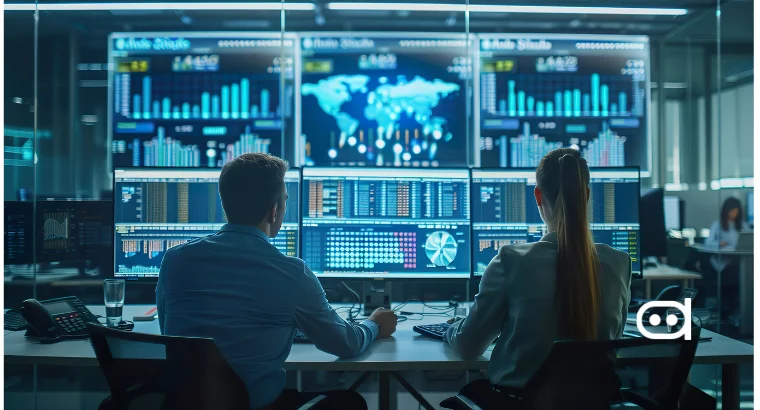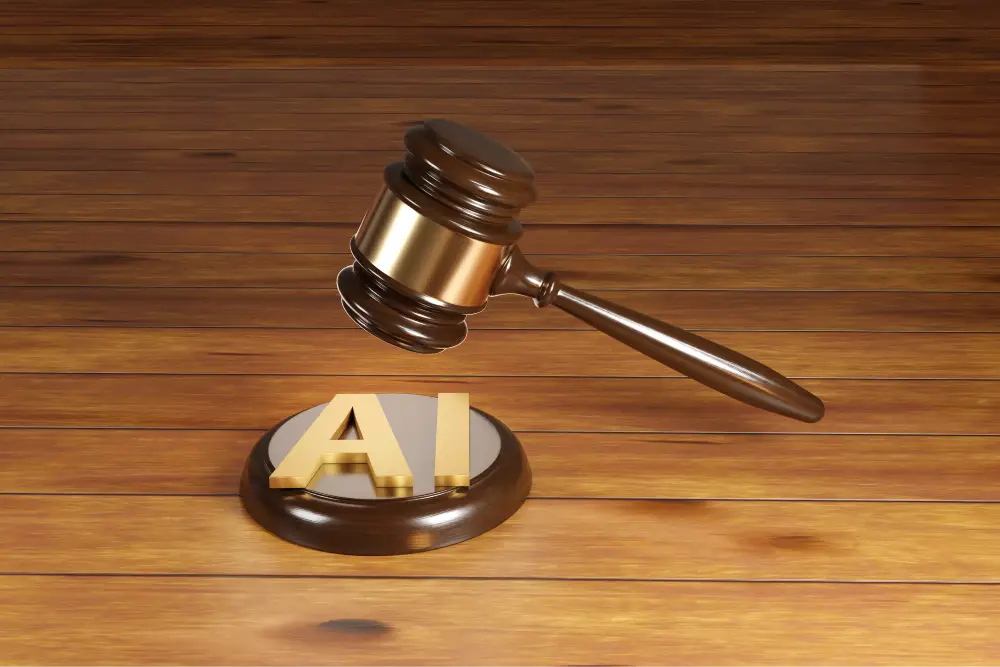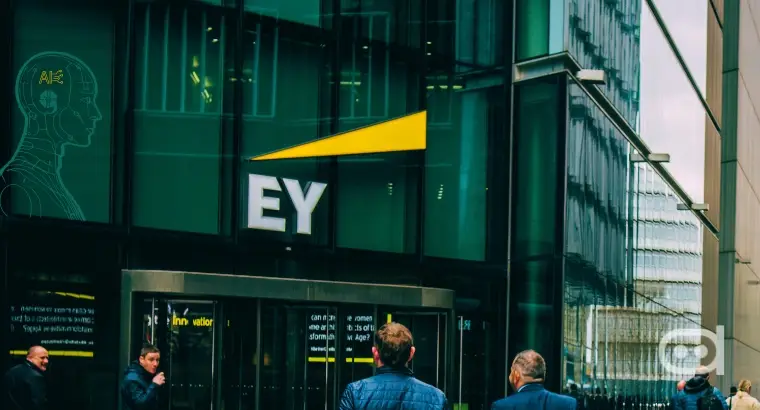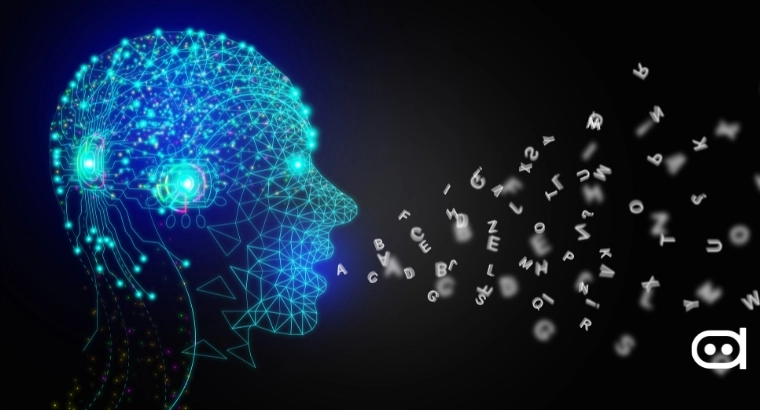
Egypt has made strides across various sectors, such as expanding its economy, enhancing infrastructure, and promoting social welfare. Improvements in transportation, energy, and financial services have given the country a competitive advantage on the continent.
Fueled entrepreneurial endeavors and social welfare initiatives aim to strengthen health care and education systems while tackling issues of poverty and inequality. On the front lines, Egypt has successfully navigated transitions and strengthened its democratic institutions.
Sector-Specific Developments
Even in the realm of AI development, Egypt is gaining traction in the global scenario, collaborating with international organizations and tech firms to establish itself as a leader.
Artificial Intelligence (AI) Collaboration
Egypt and Italy have come together in a partnership to establish a center for artificial intelligence (AI) in Cairo with the goal of advancing AI development throughout Africa. This collaboration was formed during a meeting between the Egyptian Minister of Communications and Information Technology, Amr Talaat, and the Italian Minister of Enterprises and Made in Italy by Adolfo Urso, in Egypt’s New Administrative Capital.
The principal objective of the center will be to facilitate the expansion and implementation of artificial intelligence throughout Africa through the provision of training and support to countries in this dynamic domain. Additionally, it will encourage partnerships between research institutions and businesses in both countries. Significantly, the strategic location of Egypt as a conduit for data transmission connecting the East and West was taken into account. During the G7 meetings, Italy’s proficiency in the digital domain and artificial intelligence was underscored, as evidenced by the endorsement of establishing an AI Center for Sustainable Development.
Transportation Infrastructure
Egypt, on the other hand, is also a transportation innovator. In a recent meeting, Egypt’s President, Abdel Fattah Al Sisi, met with Prime Minister Mostafa Madbouly and other important ministers, including Hala El-Said from the Ministry of Planning and Economic Development, Finance Minister Mohamed Maait, and Kamel Al-Wazir, the Minister of Transport, to review the progress of transportation projects that are on the horizon.
According to the spokesperson, Ahmed Fahmy, the meeting focused on the status of implementing the investment plan for transportation projects for President Al Sisi, who was briefed on improvements in the railway system and the ongoing work on expanding metro lines in Greater Cairo.
The meeting also touched upon the efforts of the government to promote industry in Egypt’s transportation sector including collaborating with companies and attracting foreign investments, and discussed the status of port operations across the nation.
Investment and Free Zone Development
During a meeting between Egypt’s General Authority for Investment and Free Zones (GAFI) CEO Hossam Heiba and the Communist Party of China’s (CPC) Hebei Provincial Committee Chairman Ye Dongsong, Egypt reportedly aims to entice new Chinese investments to the proposed free zone in New Alamein City, a pioneering development on Egypt’s Mediterranean coast.
The Egyptian government is expanding the establishment of free zones to maximize resource and time efficiency, ensuring that they can begin operations as soon as the construction is completed. Additionally, Heiba lauded the assistance provided to Chinese companies operating in Egypt, which have contributed to the country’s advancement by transmitting cutting-edge technology, creating tens of thousands of jobs, expanding exports, and reducing import costs. The Egyptian government has further granted Chinese companies a comprehensive license for all permits and established a ministerial committee to promote China-Egypt unity.
Overall Significance
Establishing “free zones” that foster expansion is crucial for Egyptian enterprises departing from the country, as they provide a conducive environment for commerce, production, and investments. These areas are attractive to both domestic and foreign investors due to the tax advantages, streamlined regulations, and facility accessibility they provide. By integrating AI technologies into these sectors, Egypt has the potential to increase its competitiveness within the MENA region.
Conclusion
Egypt adopts a proactive stance towards development by means of investment and collaboration. Egypt can enhance its economic and social development trajectory and establish itself as a leading nation in Africa by implementing a strategic approach that capitalizes on the synergistic effects of technological progress, infrastructure improvements, and economic policies.








